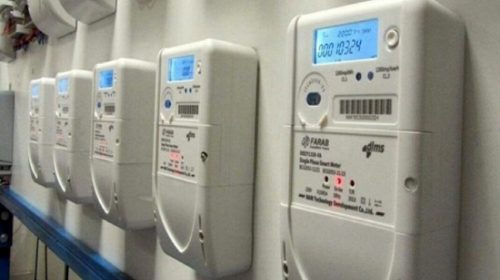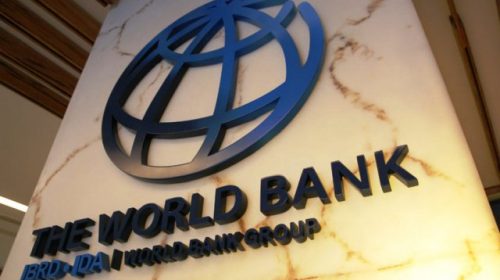Nigerian Banks Are Healthy Says NDIC

Umaru Ibrahim
By Ngozi Onyeakusi — The Nigeria Deposit Insurance Corporation (NDIC) has said that despite the scourge of the Covid-19 pandemic, Nigerians banks were capitalized, as the industry Capital Adequacy Ratio (CAR) stood at 15 per cent.
Making a presentation at the ongoing NDIC workshop for business editors, Finance Correspondents Association of Nigeria (FICAN) and others stakeholders in Kaduna, the Director, Insurance Surveillance Department (ISD), NDIC, Mr Galadima Gana said that banks liquidity ratio equally stood at 36 per cent which he said was normal for the industry.
According to him, Loan to Deposit Ratio stood at 60 per cent against Central Bank of Nigeria (CBN) threshold of 65 per cent. Consequently, he called on the banks to lend to the real sector.
He listed sectors that was not adversely affected by the Covid-19 pandemic to include the telecommunications, food, health and the banking.
On the other, he said that entertainment, Aviation, oil and gas, tourism sectors were negatively affected adding that setbacks suffered within the sectors in return hit the economy.
Speaking further he pointed out that due to the sickness bank’s non performing loans not only increased but lost value.
Fraud and internet related crimes related crimes, according to him, increased given the fact that mobile banking remained the last resort.
Earlier in his keynote address, the Managing Directors, NDIC, Umaru Ibrahim said the impact of the COVID-19 pandemic and the resultant disruptions to social and economic activities had negative consequences on all nations across the world.
According to him, the threat of recession, increased national debt, increase in non-performing loans and potential financial crisis has put pressure on regulators to reassess their supervisory activities to strengthen their capabilities to address these challenges and forestall financial crisis.
He said the theme of the workshop; “COVID-19 & FinTech Disruption: Opportunities & Challenges for Banking System Stability and Deposit Insurance’ was apt as it captured the current concerns of all stakeholders within the local and global economic and financial landscape.
The theme, he said was carefully chosen to critically analyse the risks, implications and opportunities posed by the Covid-19 Pandemic and FinTech on the Nigerian banking sector and the global financial system as a whole.
He said, “FinTech is simply the common term used to describe the technology (internet, mobile devices, software app, cloud services and many more) that are used in delivering important financial services that were exclusive to traditional financial institutions. Despite promising innovation and economic growth through disruption of traditional finance, Fintech disruptive financial services such as chip-based debit/credit cards, mobile and web-based payments cloud computing also poses a major challenge to the regulatory paradigm”, he said.







Leave a Reply